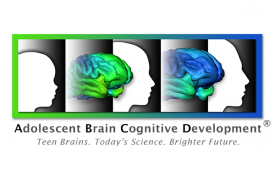-

NIH Releases Adolescent Brain Development Data to Scientists
NIH has released an enormous dataset of high-quality baseline data on a large sample of 9-and-10-year-old children, including basic participant demographics, assessments of physical and mental health, substance use, culture and environment, neurocognition, tabulated structural and functional neuroimaging data, and minimally processed brain images, as well as biological data such as pubertal hormones. Visit Page
-
How do you get your kids to read books? Here’s one rather simple idea.
Daniel Willingham, by the way, is a well-regarded psychology professor at the University of Virginia who focuses his research on the application of cognitive psychology to K-12 schools and higher education. He was appointed by Visit Page
-
Two psychologists followed 1000 New Zealanders for decades. Here’s what they found about how childhood shapes later life
In 1987, Avshalom Caspi and Terrie Moffitt, two postdocs in psychology, had adjacent displays at the poster session of a conference in St. Louis, Missouri. Caspi, generally not a forward man, looked over at Moffitt’s Visit Page
-
Is Your Child Lying to You? That’s Good
Should parents be troubled when their kids start to deceive them? Odds are, most of us would say yes. We believe honesty is a moral imperative, and we try to instill this belief in our Visit Page
-
Depression may start much earlier than previously thought
Research suggests 1 to 2 percent of children 2 to 5 years old have depression, and that untreated depression in toddlers can lead to more depression later in life. Visit Page
-
3 Myths About Your Teen’s Bad Attitude
Does this scenario feel familiar? Marisa is 12-and-a-half years old. She has become moody and irritable, wants much more private time alone in her room, but spends it all socializing with friends on social media. Visit Page

